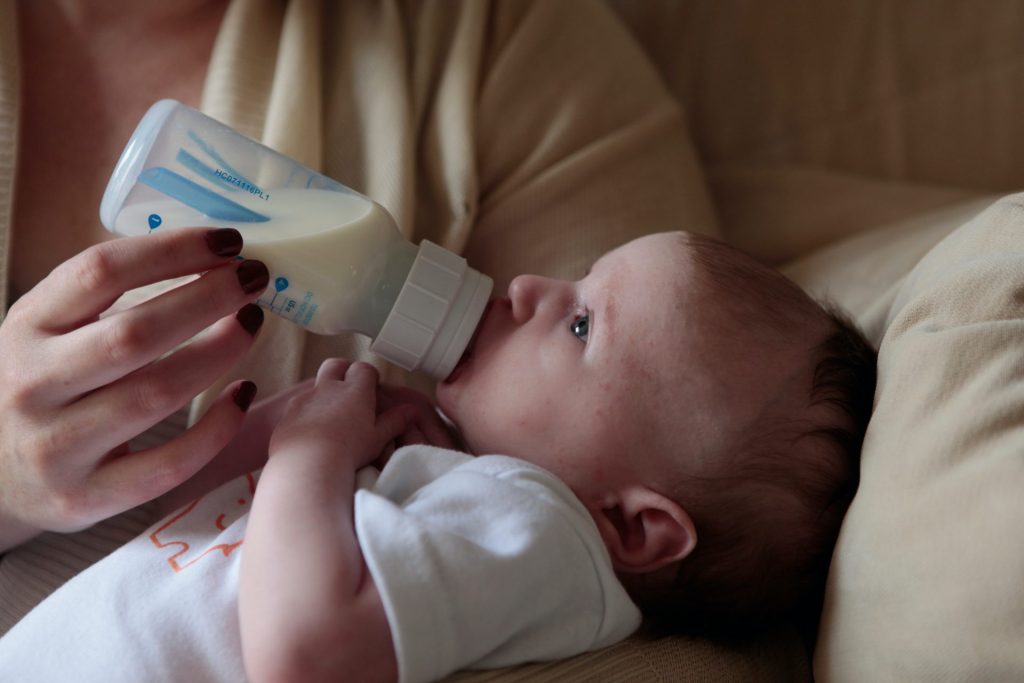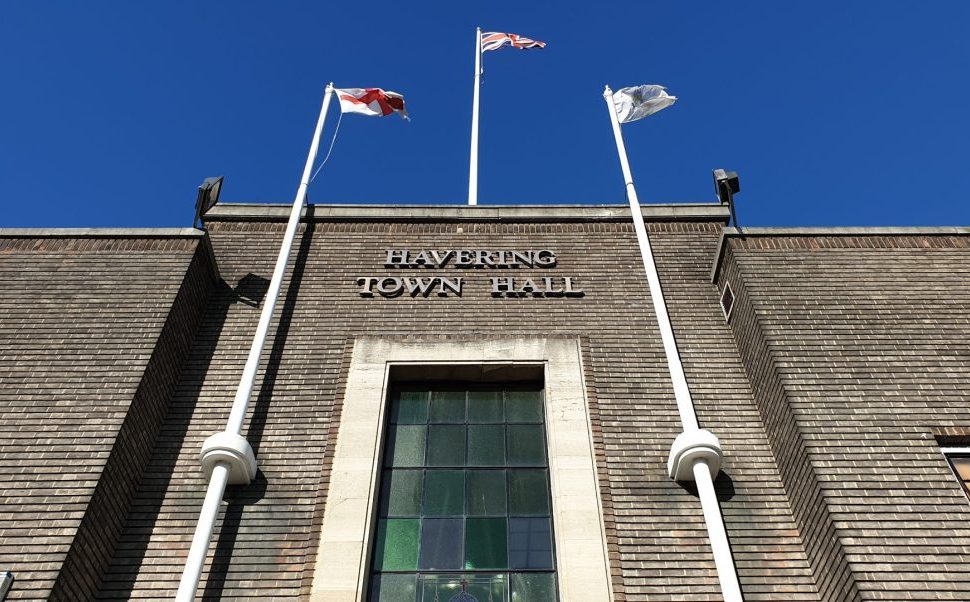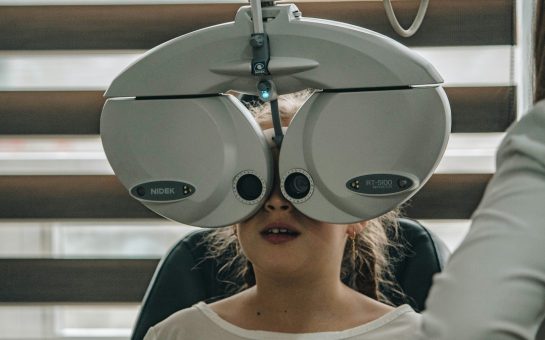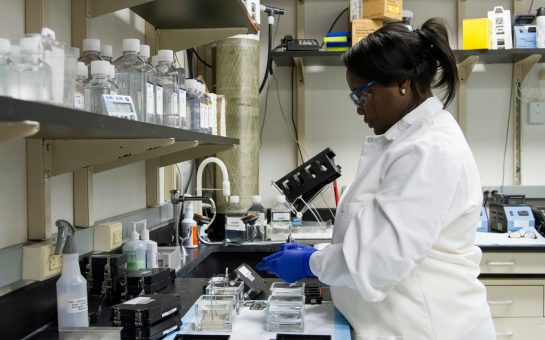Havering council have announced a ban on adverts of breast milk alternatives on their properties because of fears over business influences.
The ban, which includes unhealthy foods and alcohol, was announced on September 13.
This will apply to any council-owned asset used for advertising, including street furniture such as bins and benches, billboards and their website.
Havering council said: “The banning of the advertising of baby milk substitutes is to avoid marketing pressures on parents to switch to breast milk substitutes.
“We want to create an environment that enables families to make the best possible feeding choice based on impartial information, and free from commercial influences.”
Dr Hana Patel, an NHS GP with specialist interest in women’s health said: “I think this is controversial and some mothers may be unable to, or choose not to, breastfeed.
“If they are unable to fully breastfeed, or choose not to, the NHS provides support women need in order to bottle feed as safely as possible – so why should an employer not follow this advice?”

In England, more babies were breastfed in the past year compared to 10 years ago.
In 2021/22 49.3 per cent of infants were totally or partially breastfed at six to eight weeks.
This is a rise of 2.1 per cent, according to data published by NHS maternity services.
Patti Rundall OBE, Policy Director of Baby Milk Action UK, said: “[Havering council] are meant to be instituting rules and regulations that have been agreed are in the best interest of the population rather than the business.
“This is a way of them doing what is right for citizens.
“It is very naive to allow a big food corporation to sponsor anything. It is all part of their strategy to try and get to you, to be dependent on them so you shut up.”
Declan O’Brien, Director General of the British Specialist Nutrition Association (BSNA) said: “BSNA members support breastfeeding as important for infant health and for mothers’ health and wellbeing.
“However, when parents or carers are unable to or choose not to breastfeed, infant formula is the only food recognised by the WHO as a suitable and safe alternative to breastmilk.
“Our members believe parents and families should be free to choose how they feed their baby based on their own needs and circumstances and should have that choice both respected and supported.”
Havering council defines breast milk substitutes as ‘products prohibited by the World Health Organisation’s International Code of Marketing of breast milk substitutes and resolutions, namely formula milk’.
Havering council have said they are banning adverts that ‘harm the health’ of residents.
The council estimates that 60 per cent of Havering adults are either overweight or obese.
Data released by Mintel shows that the UK baby food and drink market size was estimated at £706 million in 2022.
The ban will be indefinite but reviewed on an annual basis.





Join the discussion